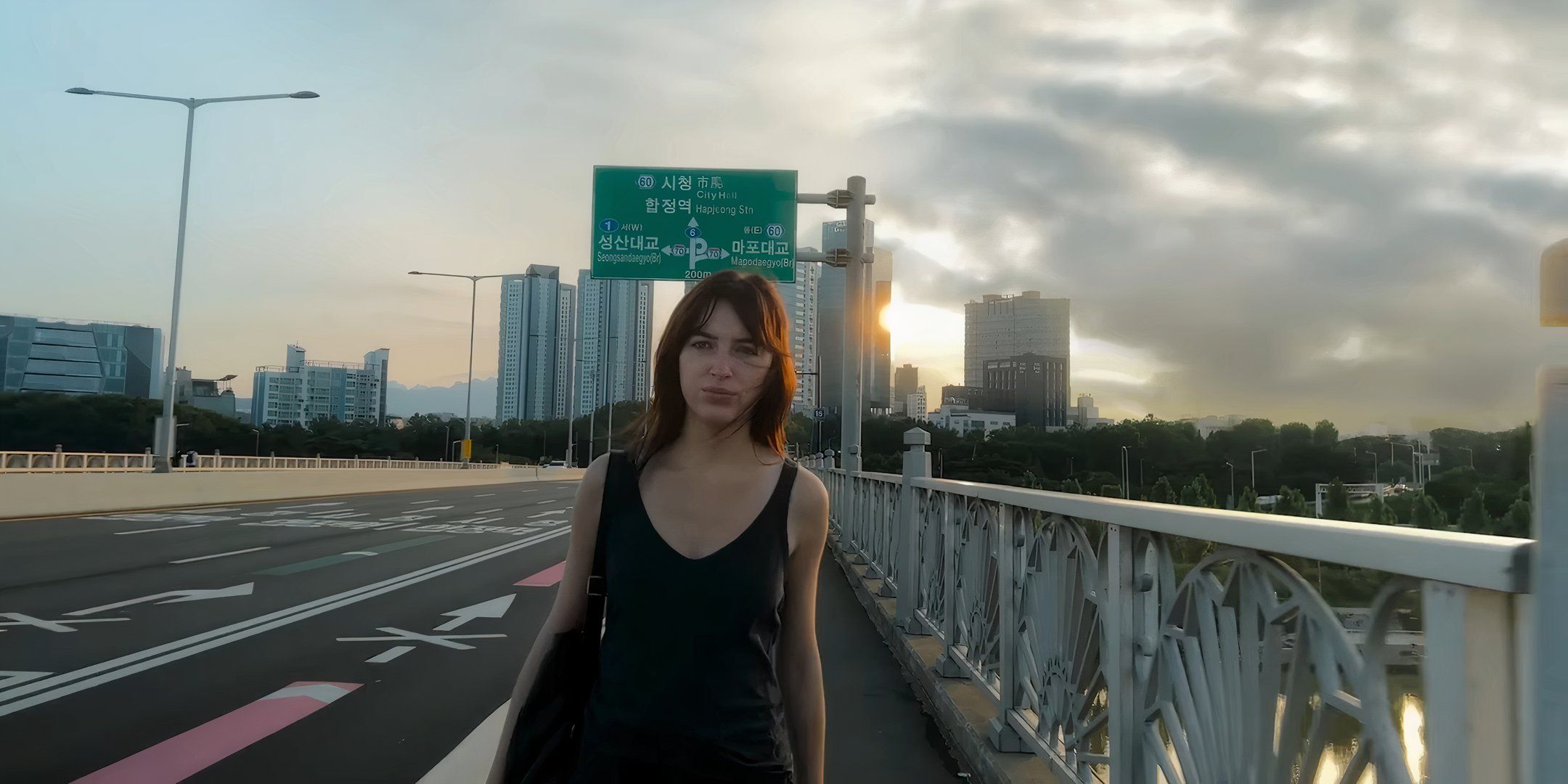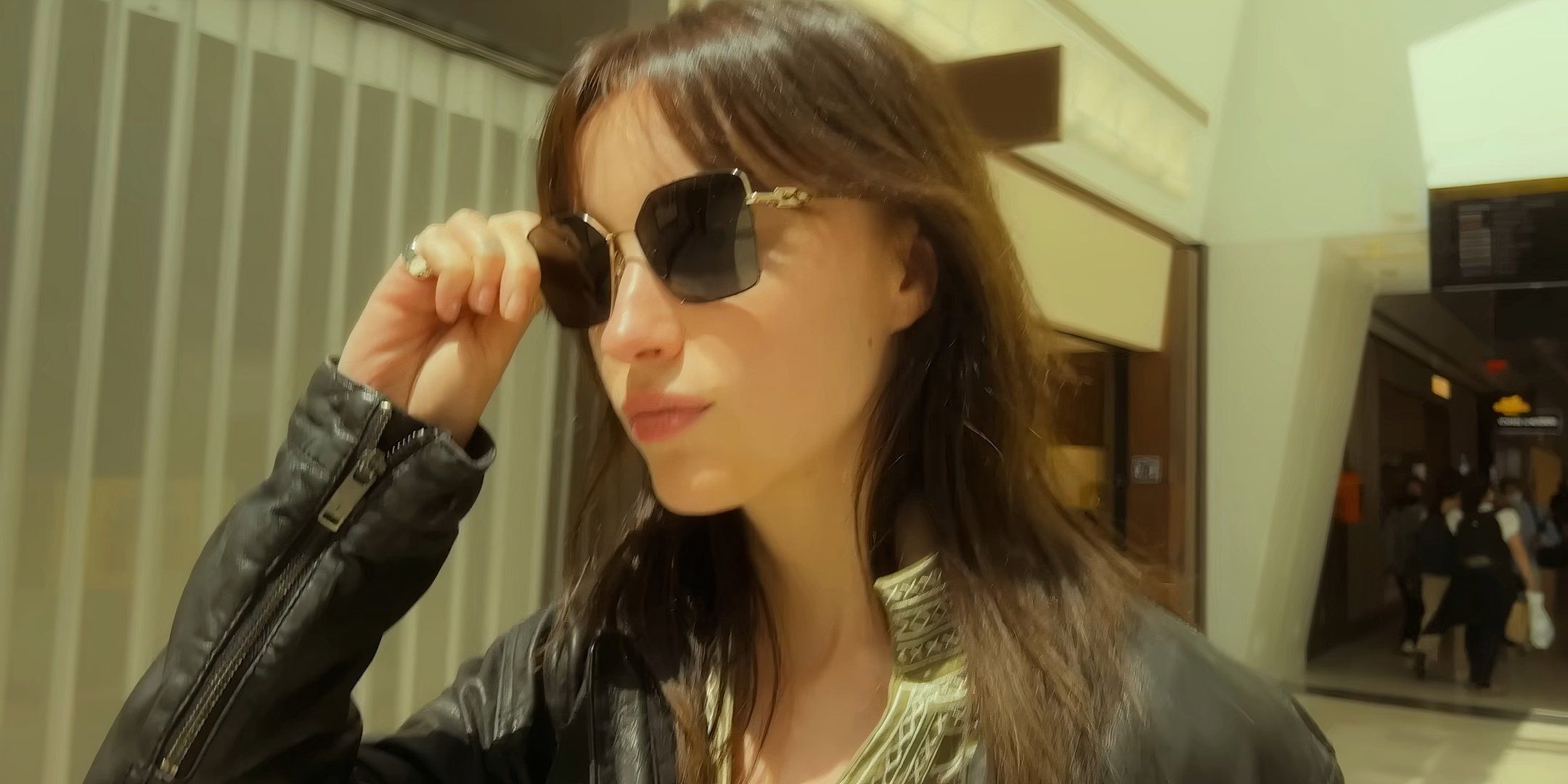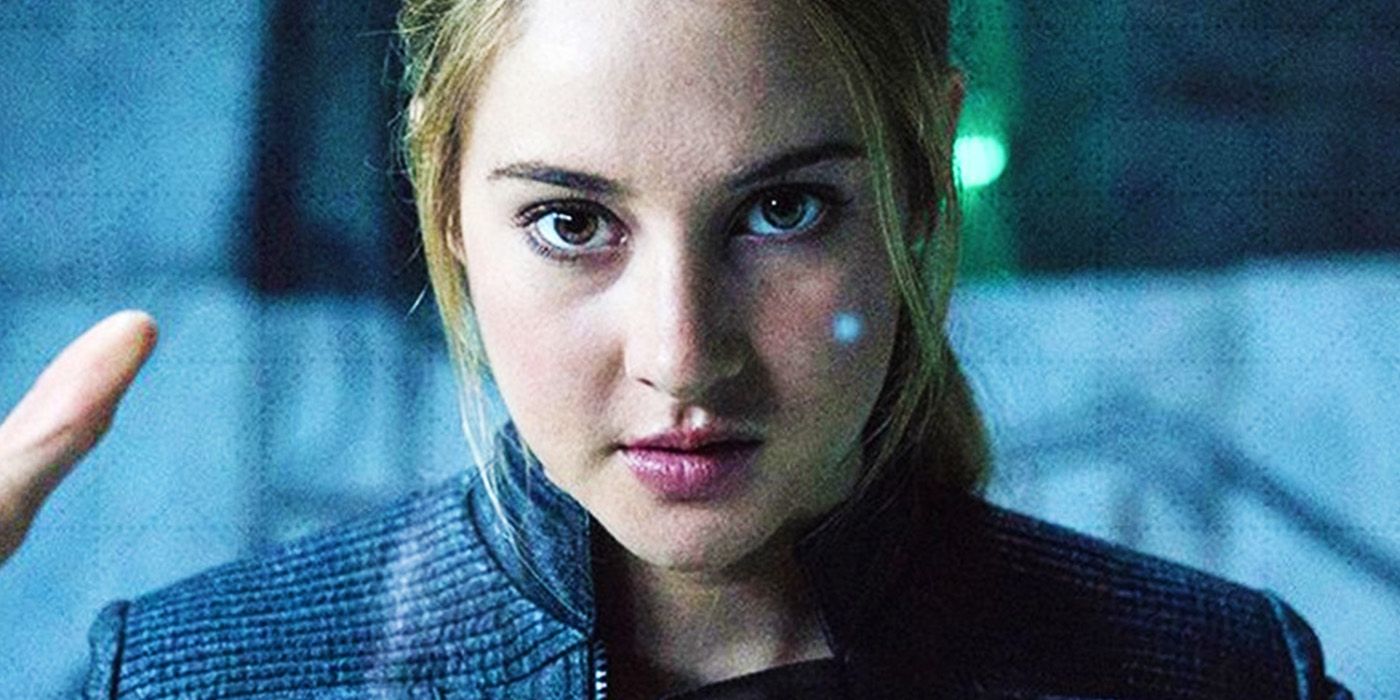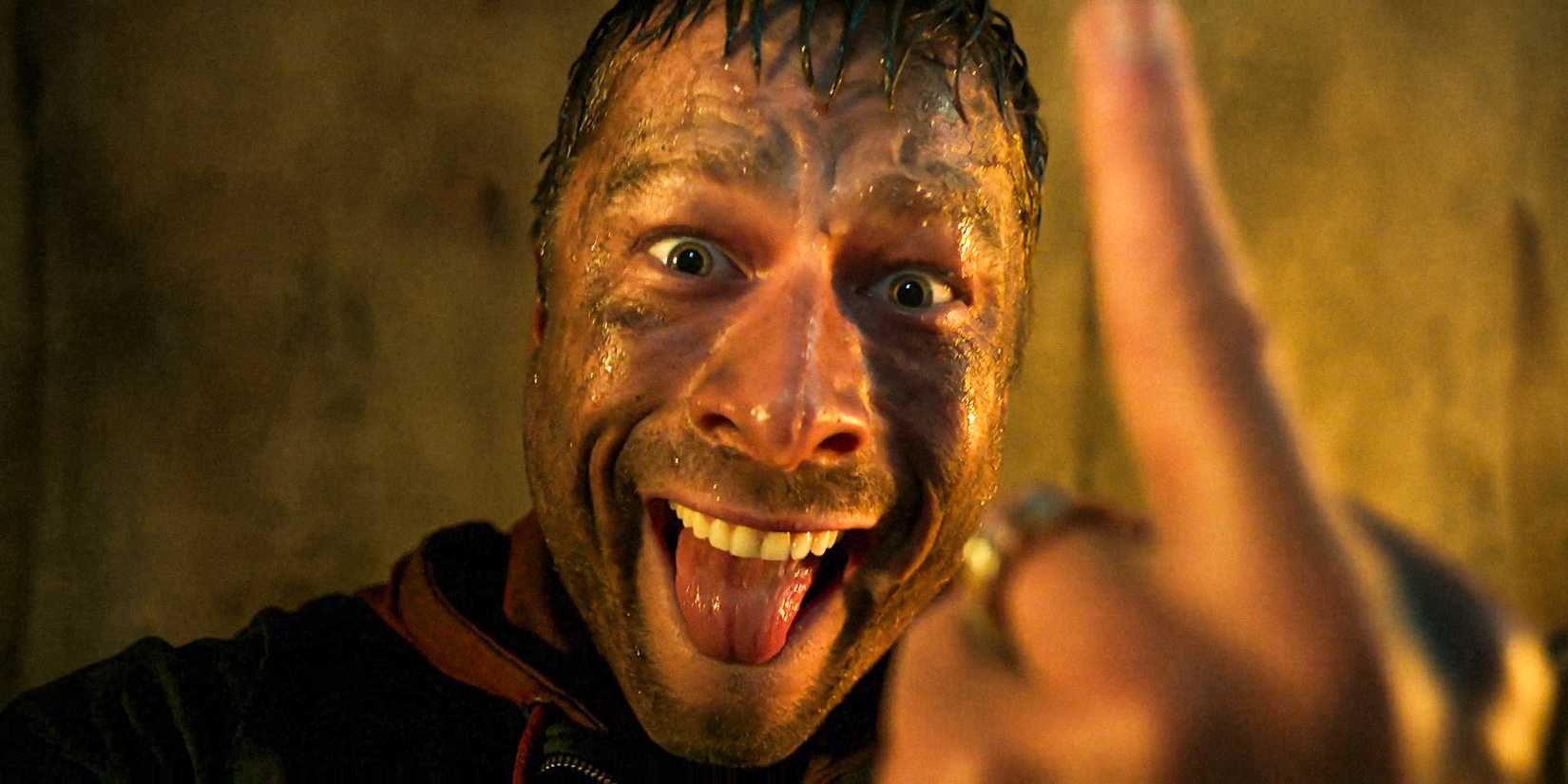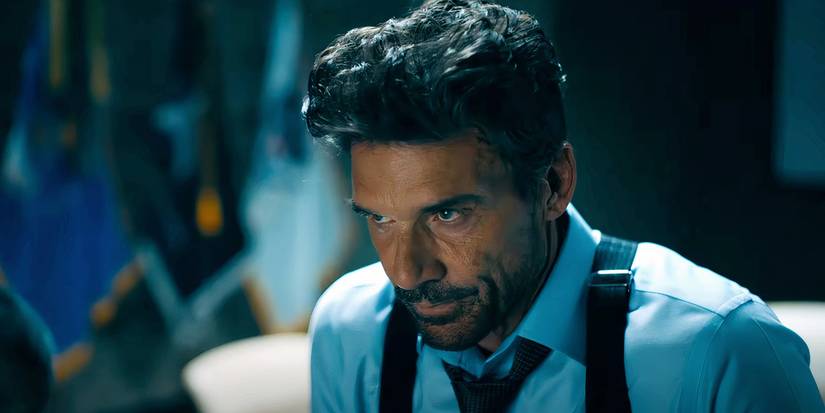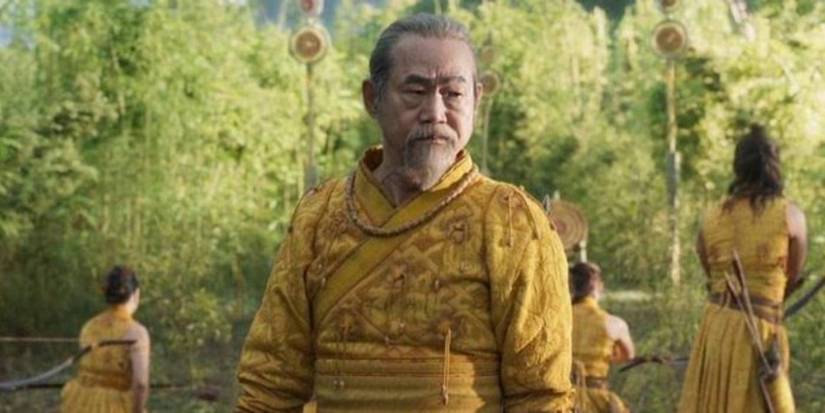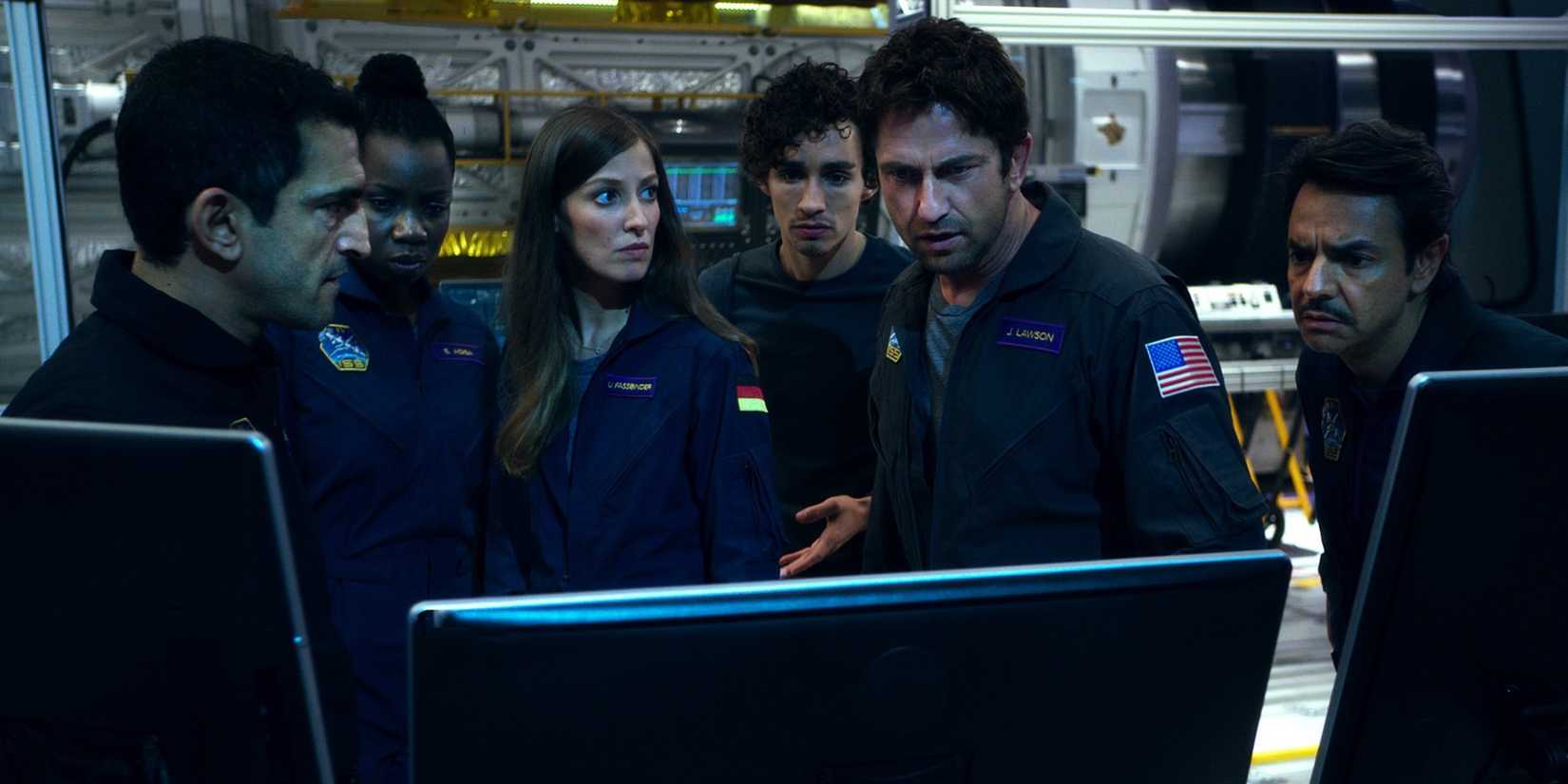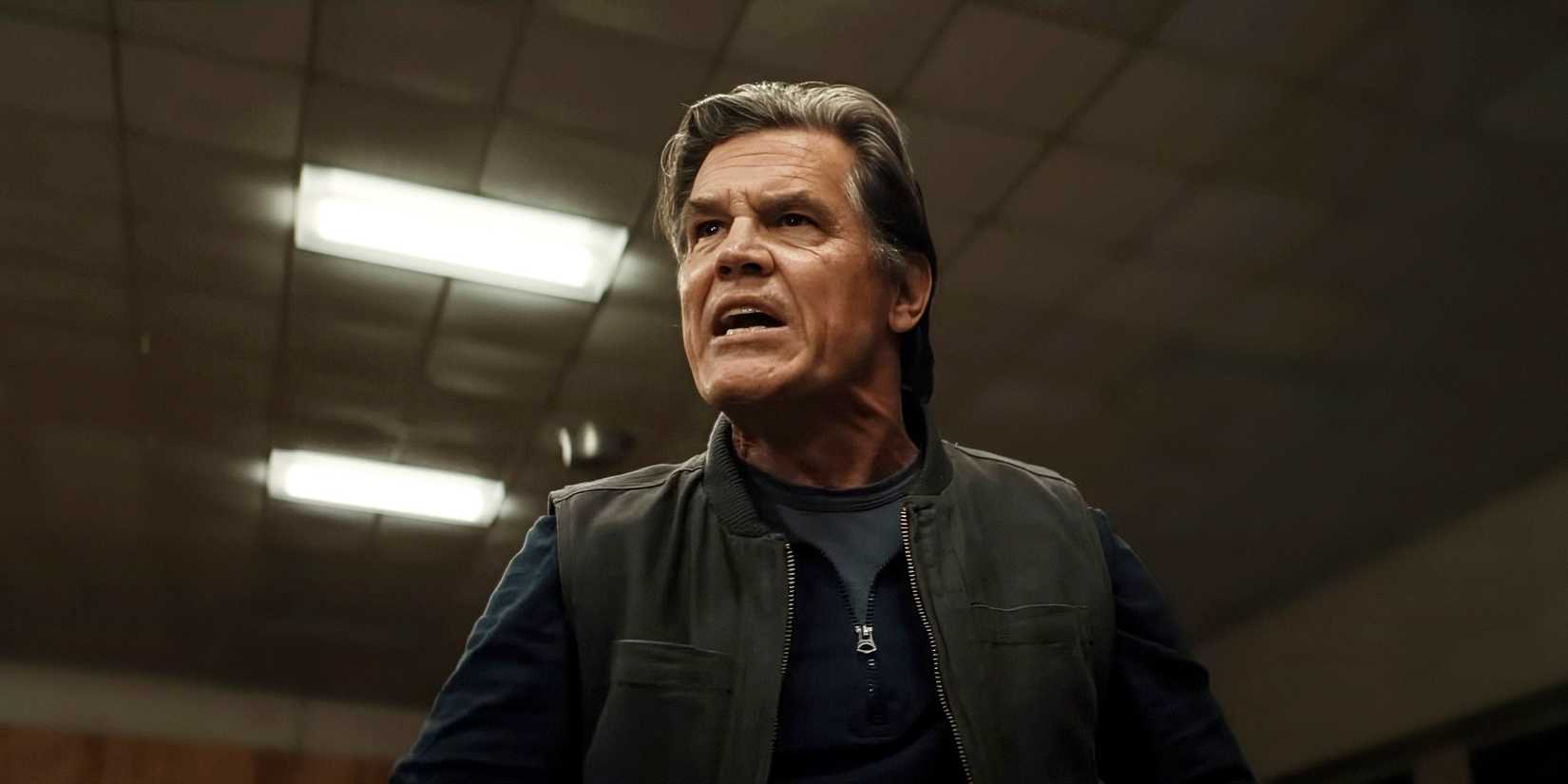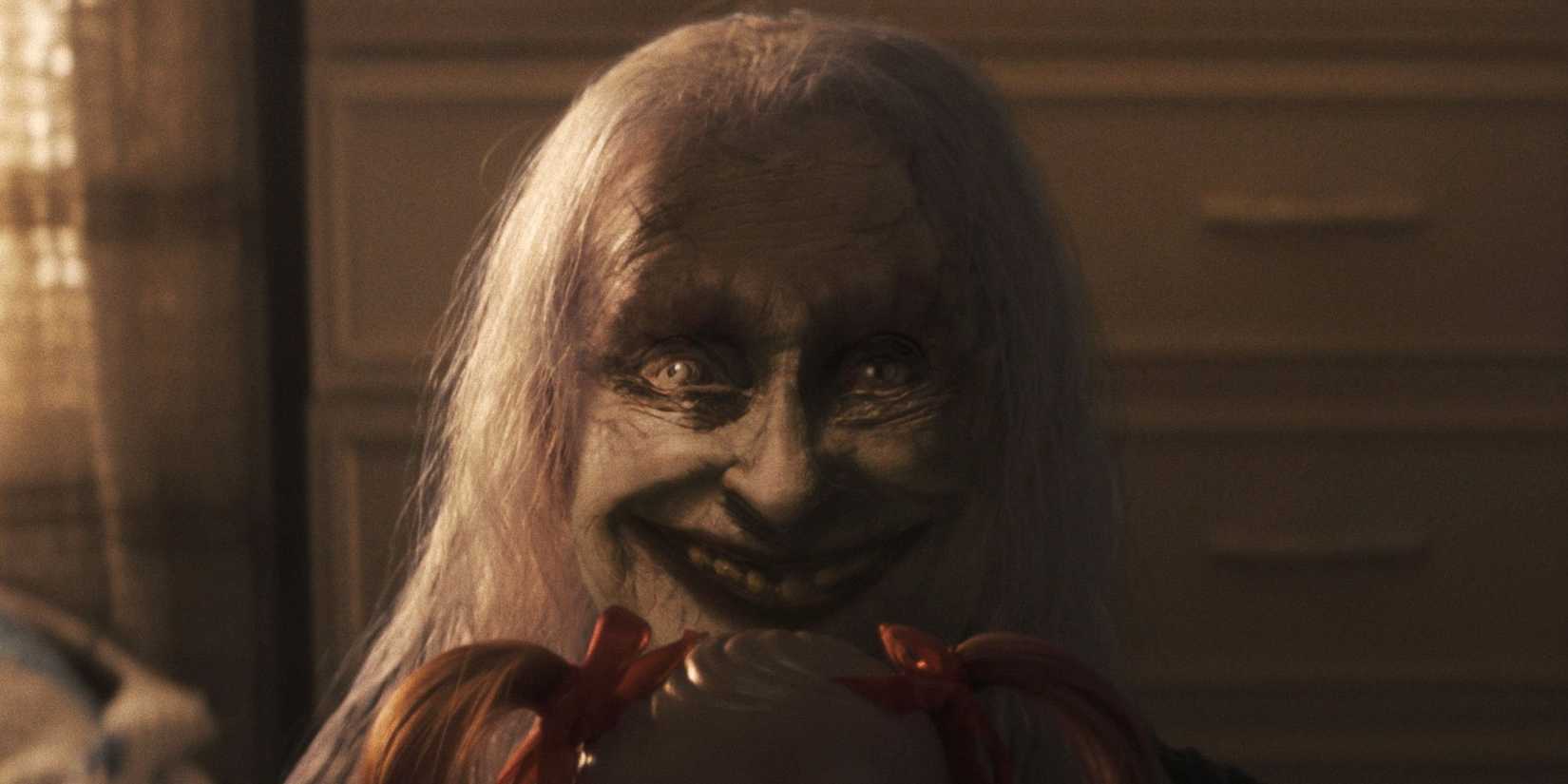Neil Burger is continuing his thriller streak with Inheritance, a grounded twist on the spy genre. Burger, who co-wrote and directed the film, first rose to stardom with his work on the Edward Norton-led mystery thriller The Illusionist, following it up with everything from the Bradley Cooper-led Limitless to the first installment in the Divergent franchise. Most recently, he helmed the Daisy Ridley-led adaptation of Karen Dionne’s The Marsh King’s Daughter.
Burger has partnered with Phoebe Dynevor for Inheritance, with the Bridgerton alum starring as the directionless young woman Maya, whose father re-enters her life after her mother’s death, only for his secret life as a spy to put her in great danger. For the film, Burger sought to bring a fresh take to the spy genre, focusing on a character with no proper experience in the world of espionage, while also shooting it on an iPhone.
In honor of the film’s release, ScreenRant interviewed co-writer/director Neil Burger to discuss Inheritance, how a New York Times article influenced the concept behind the globe-trotting spy thriller, the unique nature of shooting the movie on an iPhone, how he was able to help Dynevor showcase her “bada–” side, and his thoughts on the chances of a Divergent reboot following the success of The Hunger Games: The Ballad of Songbirds & Snakes.
Inheritance Is As Much About Looking At The “New Normal” Of A Post-COVID World As A Spy Thriller
“I wanted to create a narrative that existed in that world, and started writing something.”
ScreenRant: Inheritance is a great film, such a refreshing and grounded take on the spy genre. I know that you sort of conceptualized it during the COVID-19 pandemic, but I’d love to hear what inspired this idea?
Neil Burger: Well, in about April of 2020, I’d read a New York Times article about a reporter who was making his way from, like, Serbia to France overland. It’s the EU, and all the borders are supposed to be open, but instead, there were armed guards at every border. And then, when you were in a town or a city, it was completely empty, and I was like, “Wow, what does that look like?”
I kind of wanted to see it, but I didn’t want to make a documentary about it. I wanted to create a narrative that existed in that world, and started writing something. I knew also the only way to be in that world, if you bring a film crew in, you immediately disrupt the world. Everybody starts looking at you. You don’t get to see the world in its unvarnished, true quality. So, eventually, things started to open up, and we weren’t ready in time, but I still thought that the story was valid and worth doing.
So, we further kind of constructed it, and made it into this story that went around the world. It went from New York to Cairo to Delhi to Seoul, and then back to New York, like a real circuit of the world. And truly still was looking at what was the new normal, but with this kind of narrative engine of this international thriller, and this situation with this woman trying to unravel the secrets, political and professional and private, of her father.
While many spy thriller movies start from a novel, Burger actually found inspiration from a New York Times article about a journalist seeing how much Europe’s borders were being impacted by the COVID-19 pandemic. With his note of not wanting to make a documentary, that proves in line with his prior filmography, as the director has never made a documentary, focusing solely on narrative films. Even still, that clearly didn’t stop him from finding a way to infuse documentary-style filmmaking into the spy genre.
The Movie’s iPhone Production Proved “Mostly Beneficial” For Burger
“It does have some shortfalls…”
I love that you stuck to your guns on it, because it really is such an engaging, immersive way that you do it with the iPhone shooting. I know you’ve talked before about how it does sort of lend some freedom to not having to wait for light setups and all of that. I’m curious if you sometimes found, in the moment, that it proved to be more challenging?
Neil Burger: I found it mostly beneficial. I had just come off a movie called The Marsh King’s Daughter, which was very difficult, which we did shoot in the middle of COVID, and it was big and lumbering and in the woods and difficult to kind of get going. I’m proud of the movie, but it was a difficult experience. And this was so liberating, because we were so light on our feet, we could be so nimble, and you could be so nimble with the camera. There was no, like, “Oh, we can’t put the camera there, because it’s going to shadow the actor.” You can just put it right in their face and then move it right down to their hands.
I loved it. It does have some shortfalls, like we used one lens. The only lens that we really used was the native lenses on that. We did not add lenses to it, because they were good enough, and they also worked better with our film capture app, which was Filmic Pro. So, we used the regular lenses with, sometimes, a little bit of filtration, but the only lens that really had the resolution that we liked, and we’d blown the movie up on 60-foot screens, and it looks great, was the 26mm lens, which is the medium lens. So, we sH๏τ the whole movie on that and with one lens, which was interesting.
So, like, when Rhys is in Korea, and he’s talking on the phone, and he’s across the street from Phoebe, we just stay on him, and you can see a little tiny her in the background. We were not going to cut back and forth between, we just stayed there on that lens, and it’s interesting, and it works. So, we embraced that, and took those risks. There were a few things that happened kind of the lens, in lensing, like I pointed the camera at a very bright light, and sometimes there was a little bit of a little speck of light bouncing around between the lenses. We had to take that out digitally, and things like that. But I would do it again, I thought it was great.
And I just wanted to say one more thing about it, which is that other movies have been sH๏τ on iPhones, you know, Tangerine, and Unsane, etc. But this is really the first one that goes around the world and is an international thriller, and even though it’s sH๏τ on an iPhone, it has the excitement of an international thriller. It has this grand scope to it that we haven’t seen yet. It has this technique and this methodology that is very intimate, yet it’s on this grand scale. So, I think that that’s a very unique thing, and also something I’m really proud of.
With the ever-evolving technology Apple is putting into their iPhone series, many filmmakers are taking to utilizing the mobile device for their movies, namely Steven Soderbergh with Unsane and High Flying Bird. Even still, it’s clear there’s a lot of room for Burger and others to experiment with shooting on iPhones, as he notes the choices of lenses can be fairly slim. However, with his enjoyment of the experience, it’s clear he may continue to work with it in the future.
Burger Was Already Looking At Dynevor Before Her First Major Post-Bridgerton Role
“…she’s bada–, she’s witty, and she’s caustic, and she’s self-destructive…”
Maya is very much the driving force of the story, she’s what’s keeping us grounded in this international adventure. What was it like finding the perfect person to bring her to life?
Neil Burger: Well, we had seen Phoebe in Bridgerton and in Fair Play, though we were already with her before Fair Play came out. I think I did see a couple of scenes, but she was known more for playing with somebody more proper and upтιԍнт and conservative. But when I interviewed Phoebe over Zoom, I was actually in Korea scouting, and I don’t know where she was, but I said, “It’s going to be like this, and it’s going to be very rough and tumble, and there’s going to be nobody touching you up between takes and stuff like that.” And she was like, “I don’t like people touching me” in kind of like a tough way. And I was like, “Right on, that’s what Maya would say.”
So then, we went from there, and she’s the most gentle, lovely person, but she had this ability to be tough and to be bada–. And when I first met her, I just gave her a few little instructions, like when she sat down, she would never cross her legs, she would sit like a man with her legs wide open, and stuff like that. It was sort of like a Patti Smith character who just didn’t give a d–n, and she just ate that up. In Inheritance, she’s bada–, she’s witty, and she’s caustic, and she’s self-destructive, and she’s enterprising, and it’s really a Phoebe we haven’t seen before. I knew from that first meeting that she could do it. She has a toughness and a wit I hadn’t expected. And then, of course, she’s incredibly talented, and we’ve only seen a tiny aspect of what she’s capable of. She knocked the performance out of the park.
Burger & Olen Steinhauer “Fully” Mapped Out Sam’s Backstory When Developing The Film
“…all the pieces have to fit together…”
So, you mentioned Rhys, as well, and I love how mysterious Sam’s backstory feels. We obviously know some of his backstory with Maya and that family, but we also see there’s a lot more to it. I’m curious how much you and Olen actually mapped out his backstory versus what we see in the film?
Neil Burger: We did, I mean, fully. As I said, the movie is a thriller, so all the pieces have to fit together, even though it’s sH๏τ, seemingly, in this kind of seat-of-the-pants way, with a guerrilla crew. It’s very тιԍнтly constructed, and his backstory is very тιԍнтly constructed. What he did, where he was, where he served in the State Department, or in the CIA, beforehand, and all of that stuff.
And what he did kind of extracurricularly, and then went on his own. He’s a complicated and selfish character. Not so much a self-promoter, but an opportunist. But what I love about Rhys is that he’s such an affable guy, and you like him in a way, and I wanted somebody that had that kind of affability that you liked on first look. Even though his daughters don’t really like him, he seems kind of reasonable. And then, we begin to learn that he has secrets.
With Maya’s surprise learning of her father’s spy nature, Inheritance quickly becomes a game of unfolding secrets surrounding Ifans’ Rhys. The confirmation that Burger and Steinhauer took the time to develop Sam’s backstory beyond what’s initially shown in the film is a nice indication of their dedication to fleshing out its wider world, particularly with how that influences his reemergence in Maya’s life.
Burger Doesn’t Know Of Any Divergent Reboot Plans, But Remains Proud Of His Movie
“…I’m sure that’s crossed Lionsgate’s mind to do it in a different way.”
I see I’m coming close to time, so for my final question, I wanted to ask outside of the film. It’s crazy to think it’s already been just over a decade since the first Divergent came out. Obviously, we never got the second chapter of Allegiant. But I’m curious, have you ever thought about, or would you ever consider, reviving or rebooting that franchise, especially now that YA series have become popular again?
Neil Burger: And they just kind of reboot everything. I have not thought about that, I’m sure that’s crossed Lionsgate’s mind to do it in a different way. I’m really proud of that movie, and I’m particularly proud of the cast that I got together for it, whether it be Shailene Woodley, or Theo James, or Miles Teller or Kate Winslet. Many of them, it was sort of an early, important role for them, and they were so fun to work with. So, it was great. I will always be part of that franchise, and am happy to be part of it in some way.
The original Divergent movies came at a time in which the YA genre was thriving on screen, existing alongside the Hunger Games and Twilight movies, though was the least successful franchise of the group. As such, it’s understandable why Burger would not only be reluctant to revisit the series, but instead remain proud of his original film. Even still, with the Hunger Games franchise expanding in a prequel format and the Twilight series returning with the Netflix animated adaptation of Midnight Sun, there’s still a chance Divergent could come back without Burger.
About Inheritance
When Maya (Dynevor) learns that her father was once a spy, she suddenly finds herself at the center of an international conspiracy. In her quest for answers, Maya becomes a target and must travel the globe, mastering her father’s skills and unraveling the mysteries of his past in this gripping espionage thriller.
Stay tuned for our other Inheritance interviews with:
- Phoebe Dynevor
- Rhys Ifans
Inheritance is now in theaters.
Source: ScreenRant Plus
